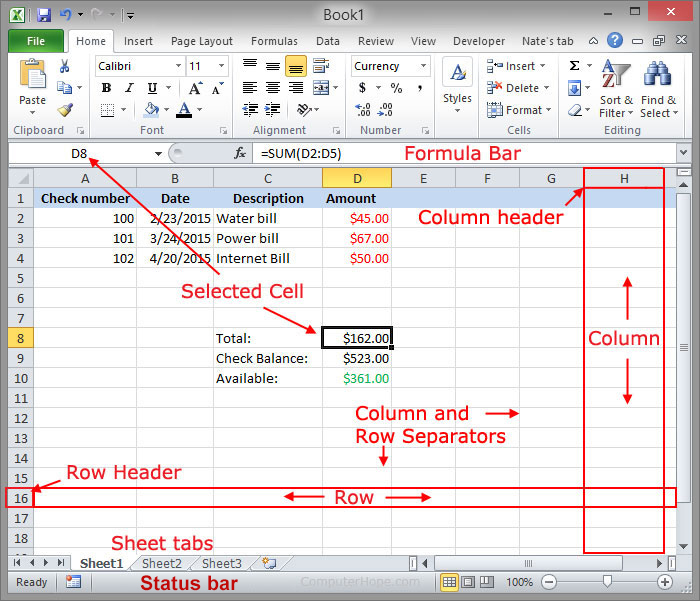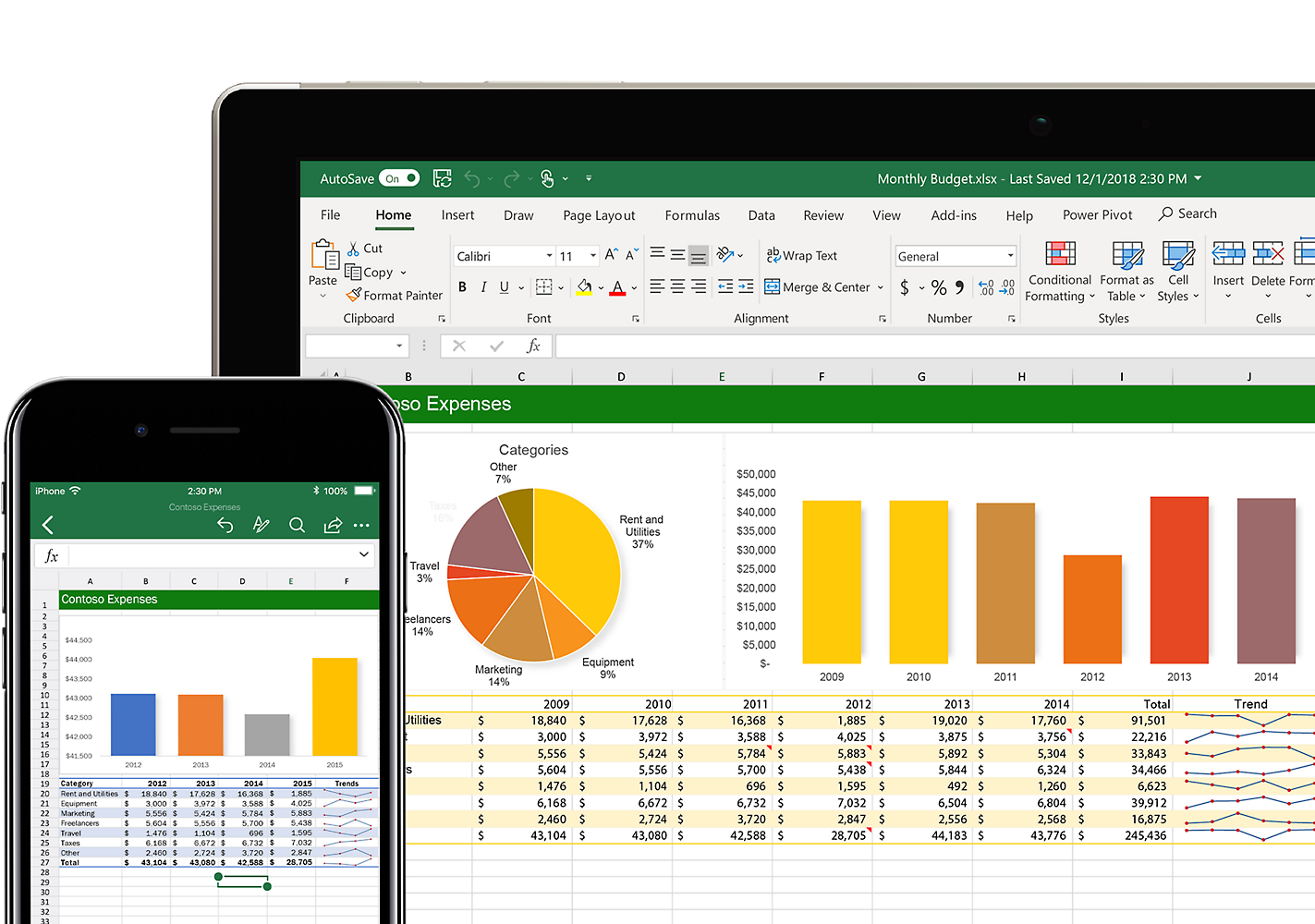So you’ve probably heard people talk about MS Excel and how useful it is for managing and organizing data. But have you ever wondered if it’s actually considered a software tool? Well, the short answer is yes, it definitely is. MS Excel, or Microsoft Excel, is a powerful software tool that allows you to create spreadsheets, perform calculations, analyze data, and so much more. In fact, it’s widely used in various industries and professions, from finance to marketing, and everything in between. But what exactly makes MS Excel a software tool and why is it so widely used? Let’s take a closer look.
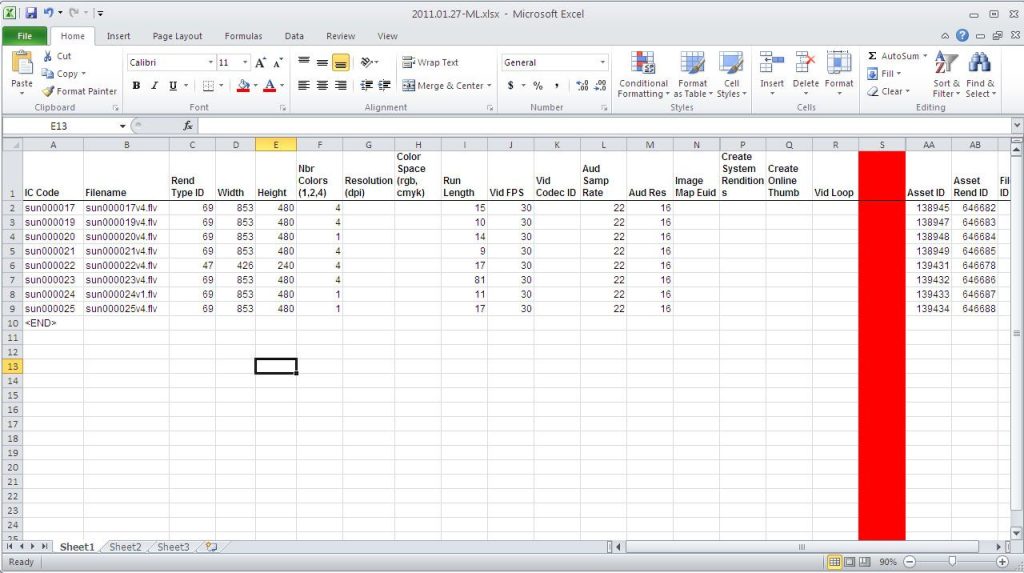
This image is property of cdn.britannica.com.
Definition of MS Excel
Basic definition
MS Excel is a popular spreadsheet software developed by Microsoft. It is part of the Microsoft Office suite and is widely used for various data management, analysis, and visualization tasks. MS Excel provides a user-friendly interface that allows individuals and businesses to organize and manipulate data in a structured manner.
Features
MS Excel offers a wide range of features that make it a powerful tool for data management. These include the ability to create and edit spreadsheets, perform calculations and manipulations on data, create charts and graphs for data visualization, and analyze data using built-in functions and formulas. It also offers advanced features such as macros, pivot tables, data validation, and conditional formatting.
Uses
MS Excel is used in various industries and professions for a multitude of tasks. It is commonly used for financial analysis, budgeting, inventory management, project planning, data tracking, and reporting. Students and educators also utilize MS Excel for academic purposes, including data analysis, statistical calculations, and creating educational materials. Its versatility and wide range of functions make it a valuable tool in many fields.
Is MS Excel considered a software tool?
Overview
Yes, MS Excel can be considered a software tool. It falls under the category of application software, specifically a spreadsheet software tool. It is designed to provide users with the ability to perform calculations, organize data, and create visual representations of data sets. Like other software tools, MS Excel is meant to enhance productivity and efficiency in various tasks.
Software Tool Definition
A software tool is a computer program or application that is designed to assist users in performing specific tasks or functions. It can be a standalone program or part of a larger software suite. Software tools are created to simplify complex processes, automate repetitive tasks, and provide users with a user-friendly interface for better usability and efficiency.
MS Excel as a Software Tool
MS Excel meets the criteria of a software tool as it is a computer program designed to assist users in managing and manipulating data. It provides a range of features and functions that enable users to perform tasks such as data organization, analysis, and visualization. The user-friendly interface and versatility of MS Excel make it a valuable tool for both individuals and businesses.
This image is property of cdn-dynmedia-1.microsoft.com.
Advantages of Using MS Excel as a Software Tool
Data Organization
One of the major advantages of using MS Excel is its ability to organize data efficiently. It provides a structured grid system where users can enter, edit, and format data in a tabular format. The software allows for the creation of multiple worksheets within a single file, enabling users to categorize and organize data sets based on specific criteria or variables. This makes it easier to manage and track data, enhancing overall data organization and accessibility.
Data Analysis
MS Excel offers a wide range of built-in functions, formulas, and tools that enable users to perform various data analysis tasks. Users can calculate averages, perform statistical calculations, and apply mathematical formulas to analyze data sets. The software also offers features such as sorting, filtering, and data validation, which facilitate data analysis and quality control. These capabilities make MS Excel an effective tool for analyzing and interpreting complex data sets.
Data Visualization
MS Excel provides powerful data visualization tools that enable users to create charts, graphs, and pivot tables to present data in a visually appealing and comprehensible format. Visual representations of data make it easier for users to identify patterns, trends, and outliers within the dataset. This can be particularly useful for presenting complex data to stakeholders, making it easier to understand and draw insights from the information.
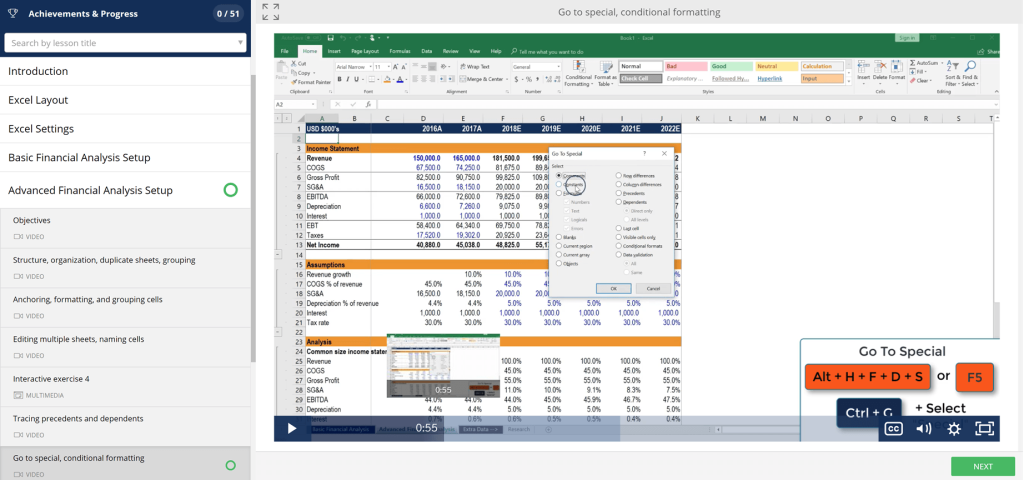
This image is property of cdn.corporatefinanceinstitute.com.
Limitations of MS Excel as a Software Tool
Limited Data Storage
One of the limitations of MS Excel as a software tool is its limited data storage capacity. While newer versions of MS Excel have significantly increased the number of rows and columns that can be accommodated, there is still a maximum limit. Large datasets may exceed the capacity of an Excel spreadsheet, requiring users to split their data into multiple files or seek alternative solutions for managing and analyzing such data.
Complexity of Complex Calculations
While MS Excel offers a wide range of built-in functions and formulas for performing calculations, it may not be suitable for highly complex calculations. Complex mathematical models or advanced statistical analysis may require more specialized software tools. MS Excel’s computational capabilities may not be as robust or efficient as those provided by dedicated software tools designed specifically for advanced calculations.
Dependency on Computer Hardware
The performance of MS Excel is dependent on the hardware specifications of the computer it is running on. Large datasets or complex calculations can put a strain on computational resources, causing the software to run slowly or crash. Users with older or less powerful computer systems may experience limitations in terms of the size and complexity of data that can be effectively managed and analyzed using MS Excel.
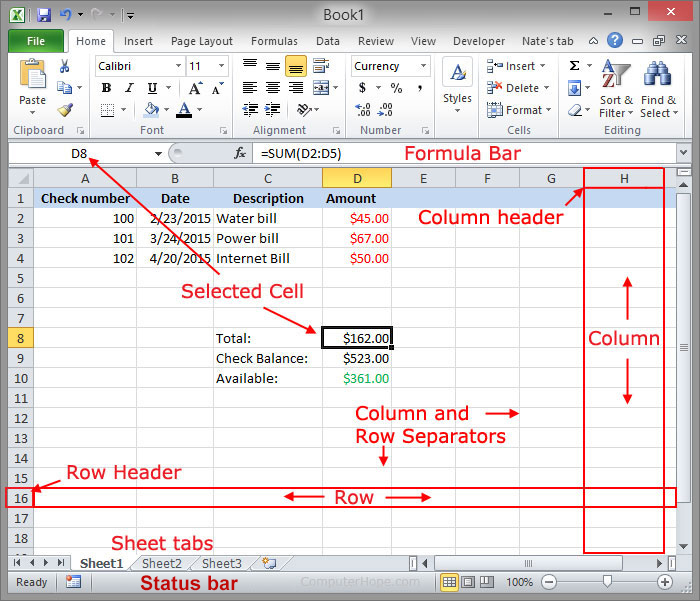
This image is property of www.computerhope.com.
Alternatives to MS Excel
Google Sheets
Google Sheets is a web-based spreadsheet software developed by Google. It offers similar functionality to MS Excel, including data organization, analysis, and visualization features. Google Sheets allows users to collaborate in real-time and access their spreadsheets from any device with internet access. It can be a good alternative to MS Excel for users seeking cloud-based accessibility and collaborative capabilities.
OpenOffice Calc
OpenOffice Calc is a free and open-source spreadsheet software that is part of the OpenOffice suite. It provides a range of features similar to MS Excel and is compatible with Excel file formats. OpenOffice Calc offers spreadsheet management, data analysis, and data visualization capabilities, making it a viable alternative for individuals or businesses looking for cost-effective solutions.
Gnumeric
Gnumeric is a free spreadsheet software that focuses on providing advanced data analysis and computational capabilities. It is designed to handle large datasets and complex calculations efficiently. Gnumeric supports various file formats, including Excel, making it compatible with existing Excel files. It can be a suitable alternative for users requiring specialized data analysis features beyond what MS Excel offers.
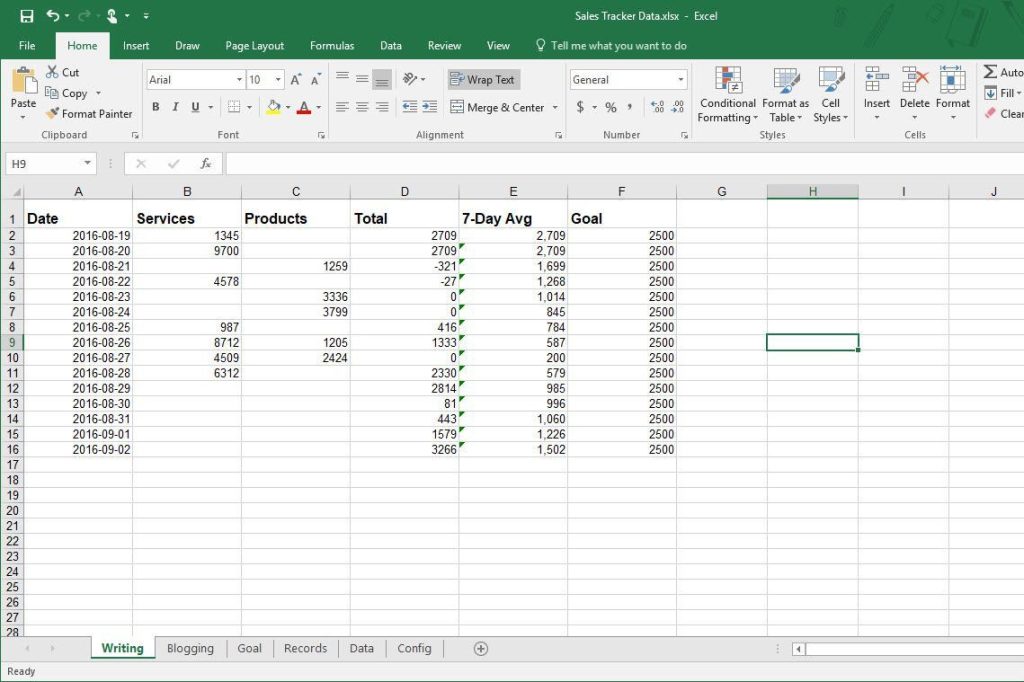
This image is property of www.lifewire.com.
Conclusion
Summary of MS Excel as a Software Tool
MS Excel is a versatile and widely used software tool that provides users with the ability to organize, analyze, and visualize data. Its features and functions are designed to enhance productivity and efficiency in various tasks, making it a valuable tool for individuals, businesses, and educational institutions. While it has limitations in terms of data storage capacity, complex calculations, and hardware dependency, MS Excel remains a popular choice for managing and analyzing data. Nonetheless, alternatives such as Google Sheets, OpenOffice Calc, and Gnumeric offer viable options for users seeking cloud-based accessibility, cost-effectiveness, or advanced data analysis capabilities.
